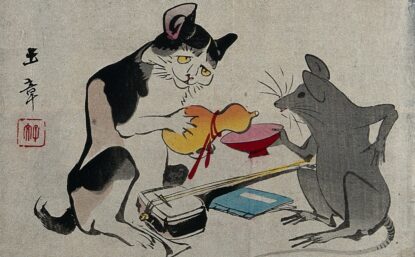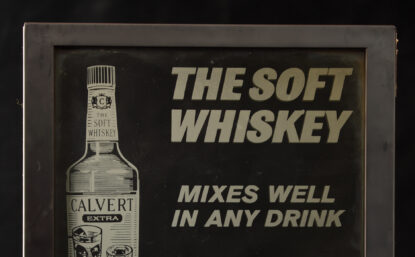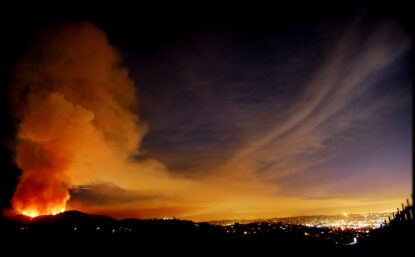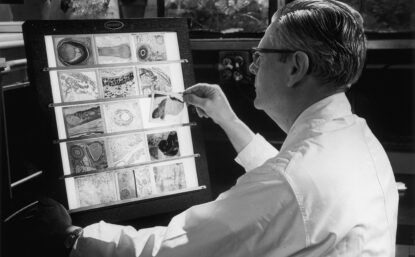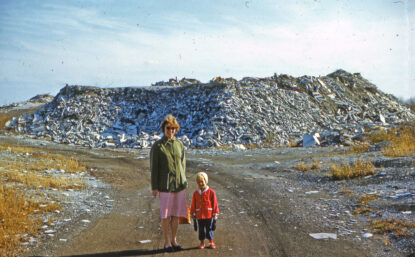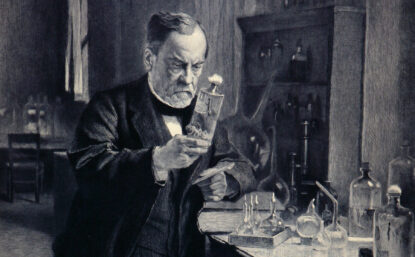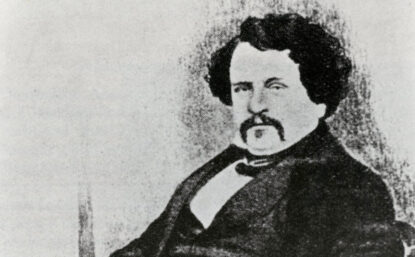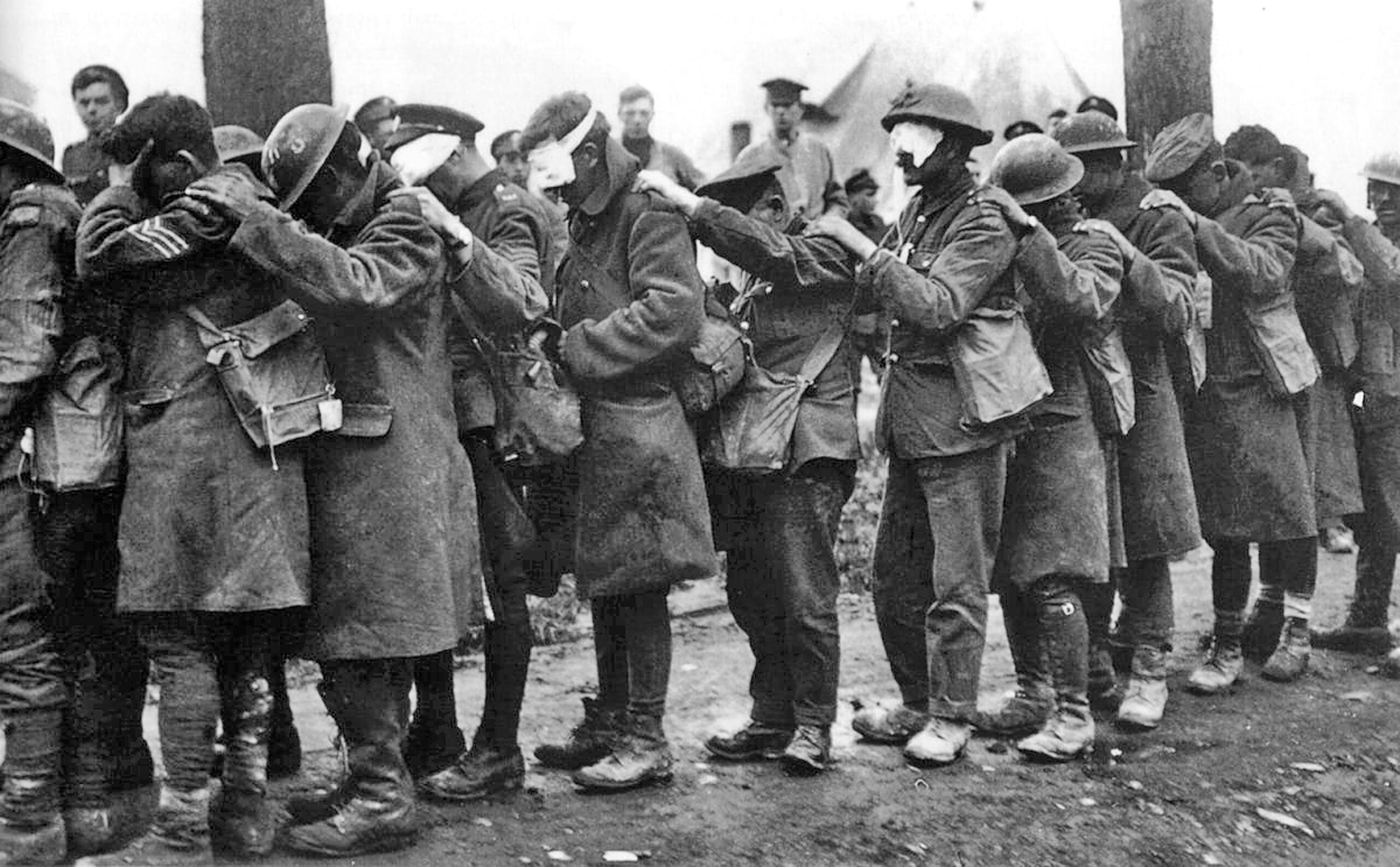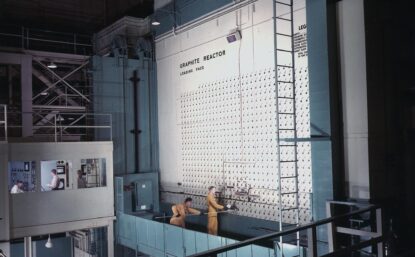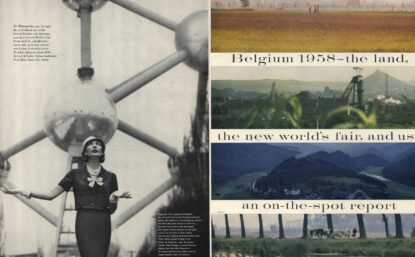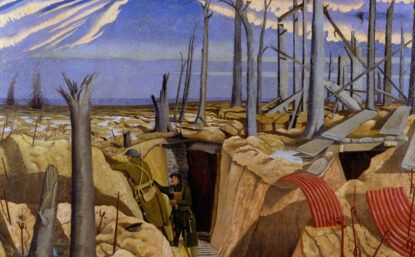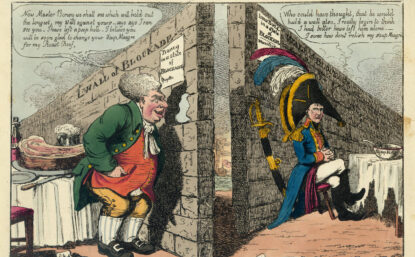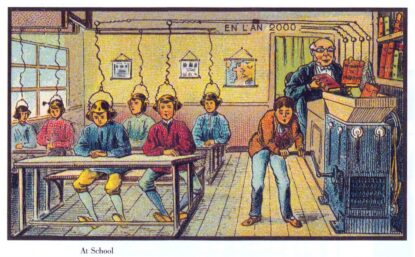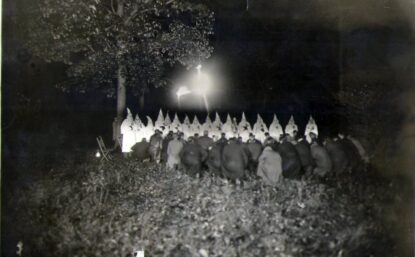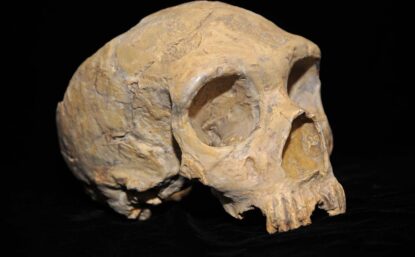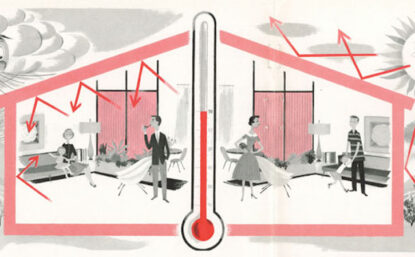Distillations magazine
The Ingenious Arctic Cooking Pot
Rediscovering the clever chemistry behind a ceramic tradition that had all but vanished.
Distillations articles reveal science’s powerful influence on our lives, past and present.
The Machiavelli Microbe
Can a parasite in your cat’s litter box take control of your mind?
A Cloudy Past
Before today’s cell-phone, laptop, and TV screens, there was a whiskey advertisement.
The Best of Intentions
The origins and unintended consequences of U.S. forest-fighting policy.
A Vulnerable Earth
Through attempts to weaponize Earth itself, Cold War researchers unintentionally created a new understanding of a fragile planet.
Living in the Town Asbestos Built
Nearly a century of asbestos manufacturing carried the borough of Ambler, Pennsylvania, from bust to boom and back to bust. In recent years Ambler has gotten back on its feet, but its industrial past remains very much present.
The Artist in the Laboratory
Albert Edelfelt broke the rules when he painted his friend Louis Pasteur in the scientist’s natural element.
Hard-Headed Man
When William Aspdin stumbled on the secret to modern concrete, it was the first and one of the few fortuitous steps in an unsteady life.
A Brief History of Chemical War
For more than 2,000 years human ingenuity has turned natural and synthetic poisons into weapons of war.
Life and Death
A tour through the history of radioisotopes, used to study and treat disease and to unlock the secrets of DNA and photosynthesis.
Blast from the Past: Atomic Age Jewelry and the Feminine Ideal
Designers of the 1950s took up the atom and turned it into a fashion icon.
The Strange, Gruesome Search for Substance X
John Hughes worked his way through uncounted pig brains to find the human body’s natural painkiller.
Chemical Warfare: From the European Battlefield to the American Laboratory
In 1916 the United States sent its first official observer to the trenches of Europe, where he found a new kind of warfare.
The Blockade Runner
During the Napoleonic Wars one man in particular kept scientific knowledge flowing between enemies.
Brave New Butter
In the early 20th century, chemists prophesied a future that seemed both surreal and somehow within reach.
Coffins in a Bottle
A story of horror, deadly medicine, and the Ku Klux Klan.
Ancient DNA
Studying ancient DNA (aDNA) is a lot like playing Whac-A-Mole: stamp out one problem and another will pop up and take its place.
Clean Machine
The technology to scrub noxious gases from car exhausts has existed since the 1950s. Why did the U.S. government wait until the 1970s to mandate its use?
In the Pink
Winter’s coming, so wrap up and discover the history of home insulation.

